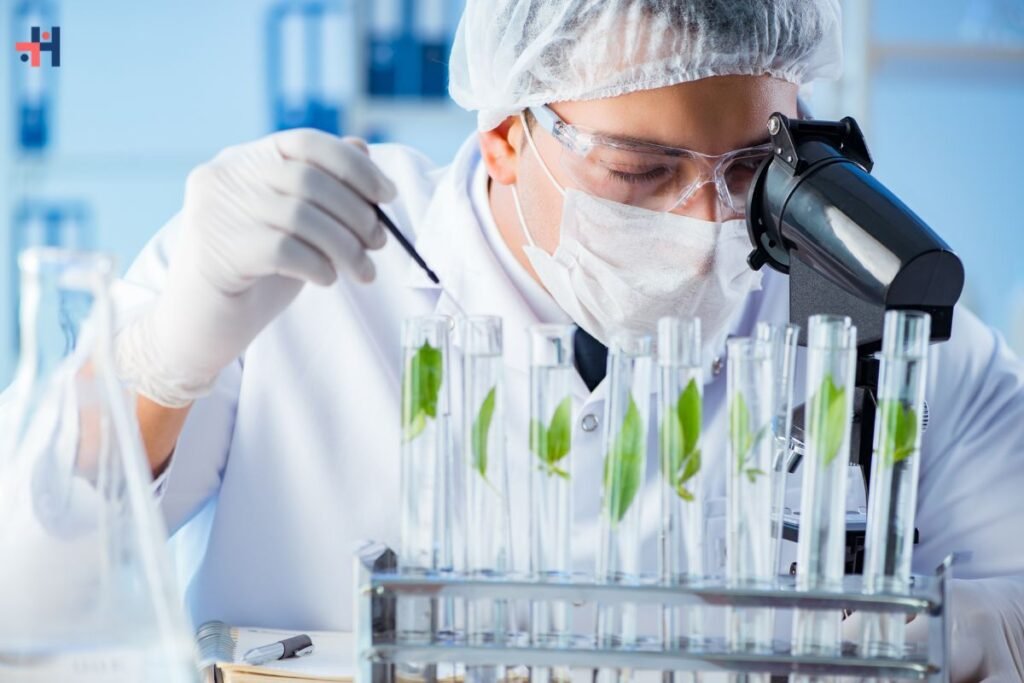Science is constantly evolving, and biotechnology is at the heart of some of the most amazing breakthroughs happening right now. It’s like having a toolbox filled with tiny robots that can tinker with the building blocks of life itself. Technology is in a constant state of evolution. Nowhere is this more evident than when it comes to biotechnology innovations.
This tech is tackling some of the world’s biggest challenges, from fighting diseases to growing more food, and even cleaning up the environment. It has the potential to completely change the game in medicine, agriculture, and tons of other industries.
Ready to dive in? This guide will show you the latest and greatest in biotechnology innovations, and how it could shape the future for all of us.
Understanding Biotechnology Innovations: A Multifaceted Discipline
Biotechnology encompasses a diverse array of techniques and methodologies aimed at harnessing biological systems for practical applications. At its core, biotechnology leverages the principles of biology, chemistry, and engineering to manipulate living organisms or their components to develop novel products, processes, and solutions. From genetic engineering and synthetic biology to fermentation and bioinformatics, biotechnology spans a wide spectrum of disciplines, each contributing to its multifaceted toolkit for innovation.
Biotechnology Innovations: Applications in Healthcare
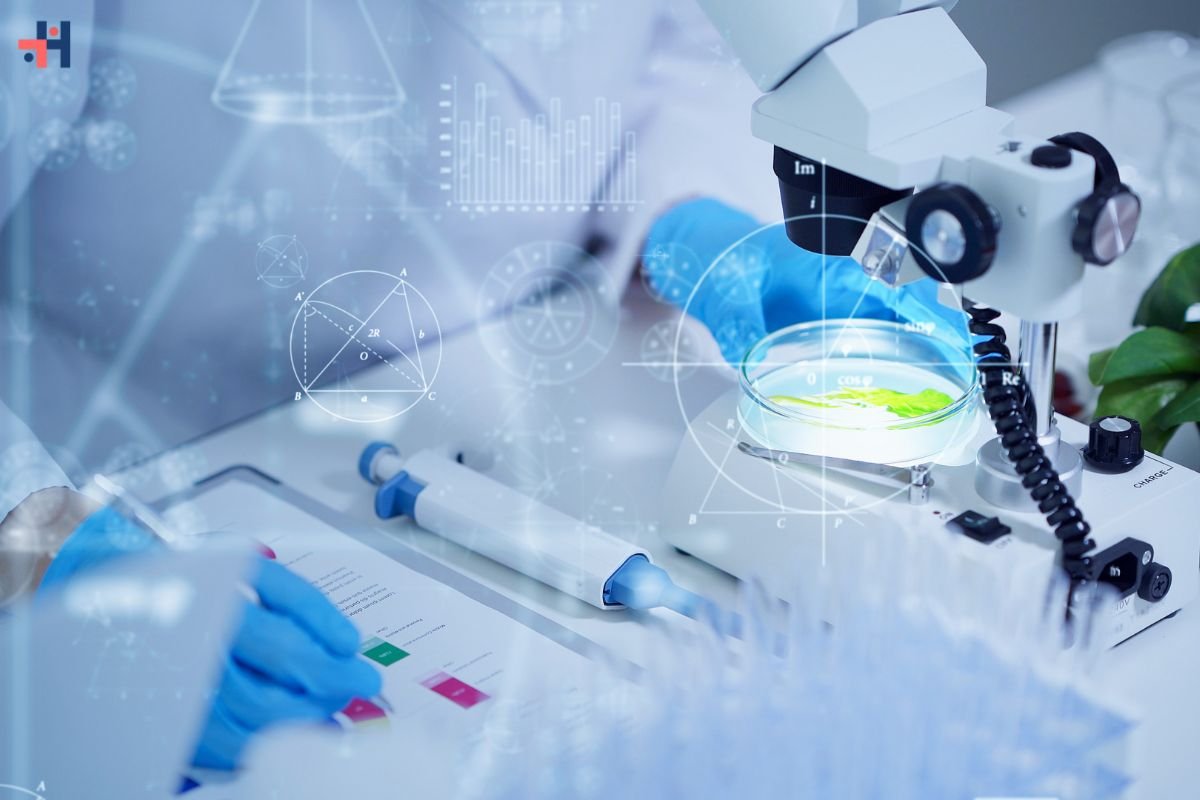
One of the most impactful domains of biotechnology lies in healthcare, where groundbreaking advancements are driving the development of novel therapies, diagnostics, and medical technologies. Precision medicine, enabled by genomic sequencing and personalized therapeutics, is revolutionizing patient care by tailoring treatments to individual genetic profiles. Emerging biotechnologies such as gene editing, cell therapy, and immunotherapy hold the potential to transform the treatment landscape for diseases ranging from cancer and rare genetic disorders to infectious diseases and autoimmune conditions.
Revolutionizing Agriculture and Food Production
Biotechnology innovations are reshaping the agricultural sector, offering sustainable solutions to global food security challenges and environmental concerns. Genetically modified crops, engineered for traits such as pest resistance, drought tolerance, and enhanced nutritional content, are increasing yields and reducing reliance on chemical pesticides and fertilizers. Moreover, advancements in precision agriculture, enabled by biotechnology, are optimizing resource utilization, minimizing environmental impact, and promoting sustainable farming practices.
Environmental Remediation and Conservation Efforts
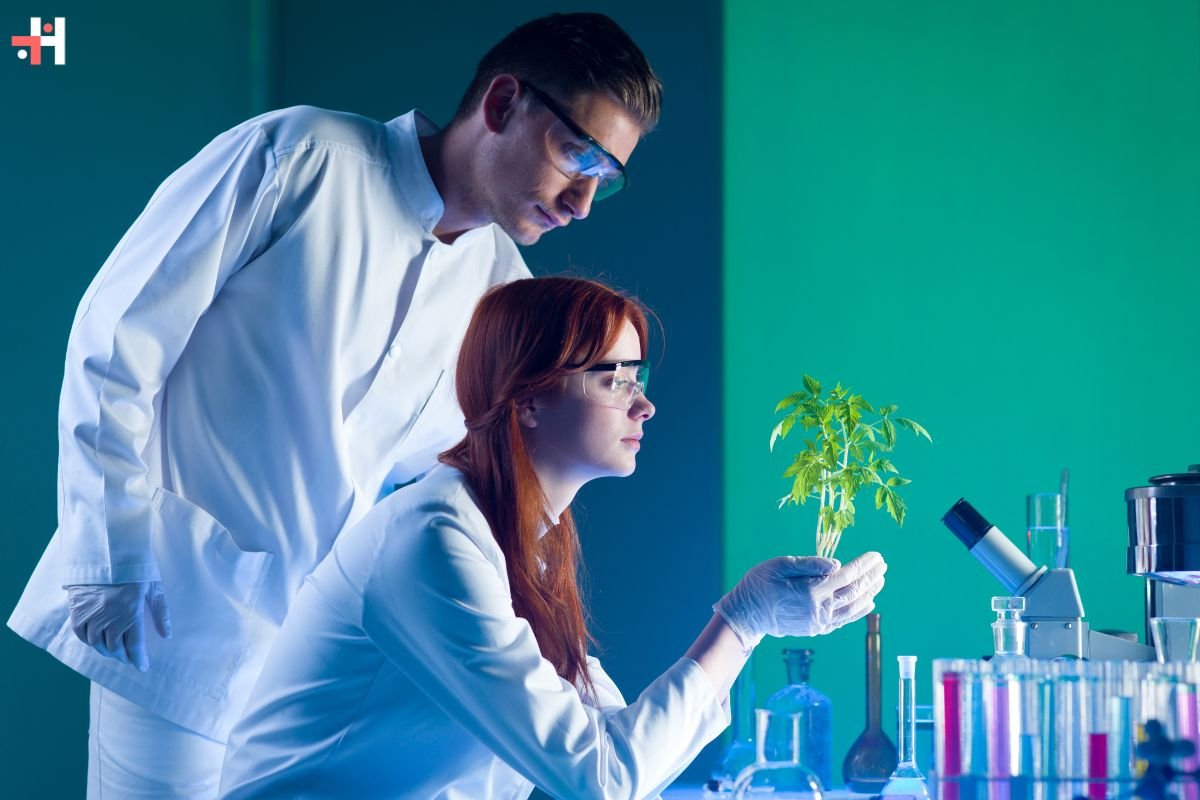
Biotechnology is playing a pivotal role in environmental remediation and conservation efforts, offering innovative approaches to address pollution, mitigate climate change, and preserve biodiversity. Bioremediation techniques leverage the metabolic capabilities of microorganisms to degrade pollutants and detoxify contaminated environments. Additionally, biotechnological interventions such as biofuels production, carbon sequestration, and biodegradable materials hold promise for mitigating greenhouse gas emissions and promoting a transition to a more sustainable, circular economy.
Industrial Applications and Bioprocessing
In the realm of industrial biotechnology, innovative bioprocessing techniques are driving the development of eco-friendly alternatives to traditional chemical manufacturing processes. Biocatalysts, enzymes, and microbial fermentation systems are utilized to produce a wide range of bio-based products, including biofuels, bioplastics, pharmaceuticals, and specialty chemicals. These biotechnological innovations not only offer economic benefits but also contribute to reducing reliance on fossil fuels, minimizing waste generation, and mitigating environmental pollution.
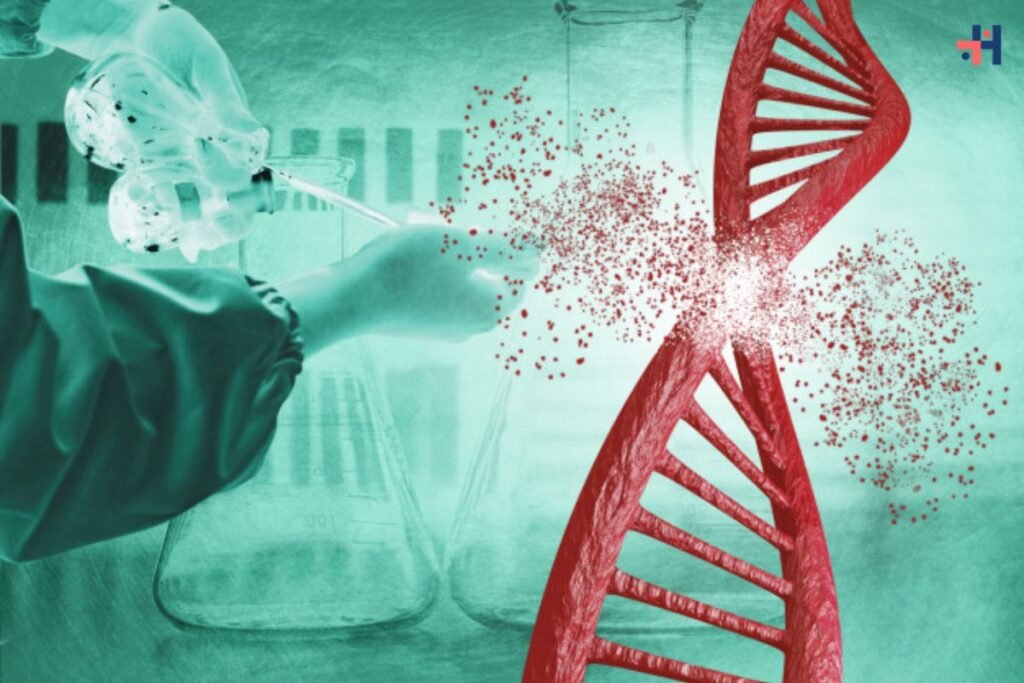
Biotech Innovations in Personalized Therapy: Revolutionizing Healthcare
Biotech Innovations in personalized therapy, also known as precision medicine or targeted therapy, involves the customization of medical treatment to the individual characteristics of each patient.
Challenges and Opportunities Ahead
Despite the transformative potential of biotechnology innovations, several challenges must be addressed to realize their full impact and ensure responsible and ethical deployment. Regulatory frameworks governing biotechnological research and commercialization must strike a balance between fostering innovation and safeguarding public health and environmental integrity. Moreover, concerns surrounding intellectual property rights, biosecurity, and equitable access to biotechnological advancements necessitate careful consideration and inclusive dialogue among stakeholders.
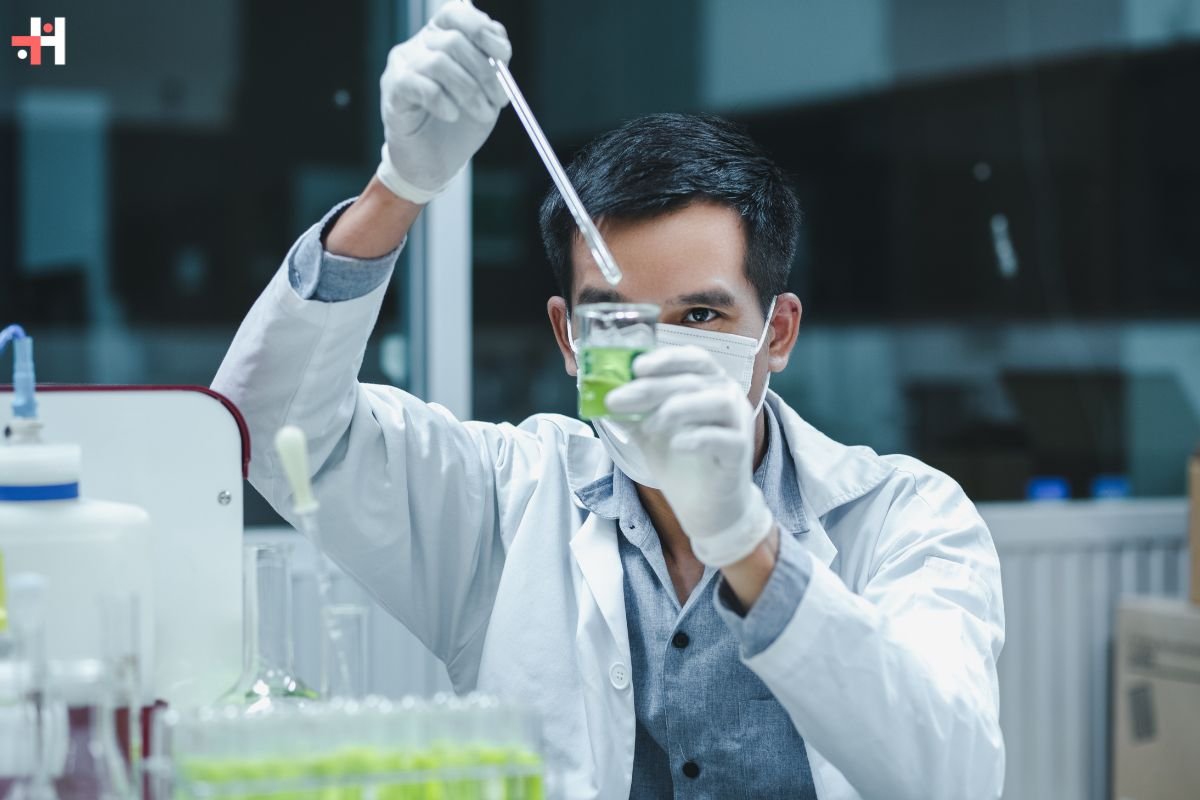
Conclusion: Embracing the Biotechnological Revolution
As we stand on the cusp of a biotechnological revolution, the potential for innovation and positive impact is boundless. From enhancing human health and agricultural productivity to safeguarding the environment and driving economic growth, biotechnology innovations hold the key to addressing some of the most pressing challenges facing society today. By fostering interdisciplinary collaboration, ethical governance, and responsible innovation, we can harness the power of biotechnology to build a brighter, more sustainable future for generations to come. Embrace the biotechnological revolution and join us on this transformative journey towards a healthier, greener, and more prosperous world.

